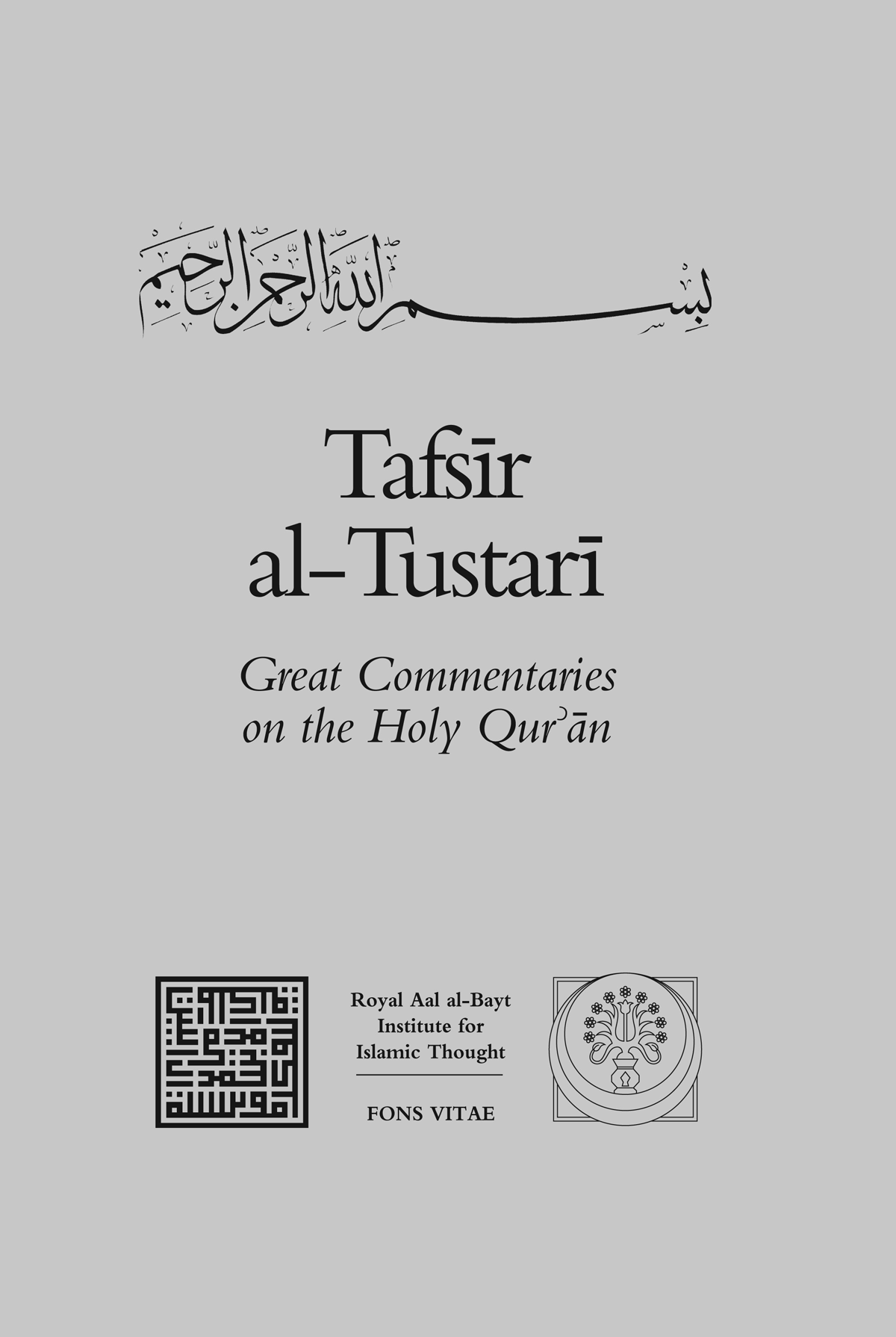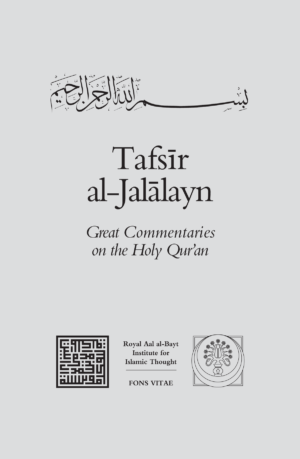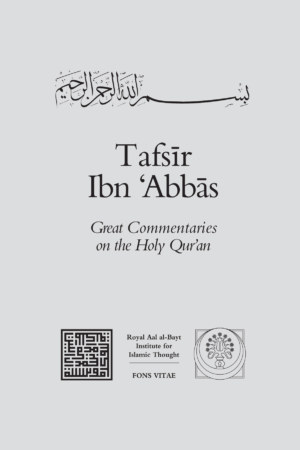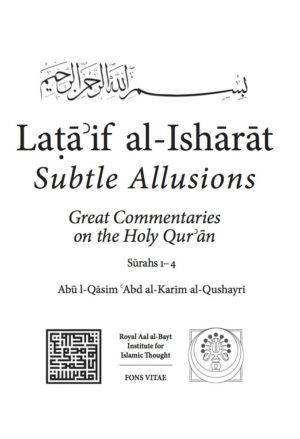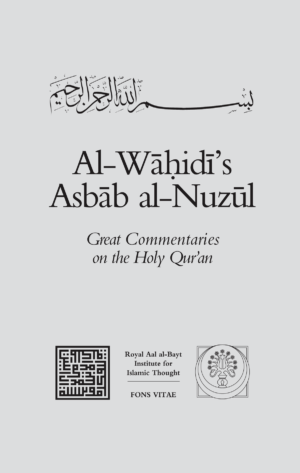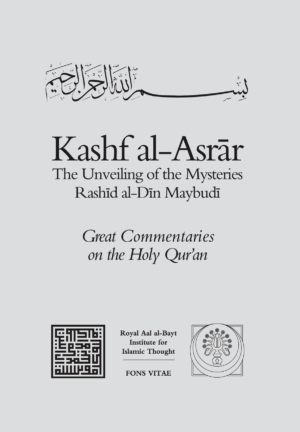Tafsir Al-Tustari, presented here in complete English translation for the first time ever, is the fourth work in The Great Commentaries on the Holy Qur’an series. The series aims to make widely available leading exegetical works in translation for study and research in unabridged form, which are faithful to the letter and meaning of the Arabic.
The Tafsir Al-Tustari is the earliest surviving Sufi commentary on the Qur’an. This commentary is one of the few authenticated works in Tustari’s name, and is a key source for understanding the mystical thought and teachings of this important and influential Sufi. In addition to insights into the spiritual significance of almost 1000 verses of the Qur’an, this commentary includes numerous references to traditions of the Prophet, explanations of the ethical and mystical dimensions of the religious life, stories of the prophets, and anecdotes about earlier mystics. The translation has the benefit of reference to three good manuscripts in addition to the printed edition of the text, and is generously augmented with explanatory footnotes throughout. The book will not only provide its readers with an invaluable introduction to the Sufi tradition of Qur’anic interpretation, but also acquaint them with spiritual doctrines that were to become fundamental to the later development of Sufism.
This is the first complete translation into English of any Sufi Qur’an commentary, and will be a substantial and much-needed primary resource for the study of the Qur’an, Islamic mysticism and the history of Islamic thought. Whilst there is an increasing number of works by the great Sufi masters available in Western languages, there has been no complete Sufi commentary available in English translation, in its entirety, until now.
